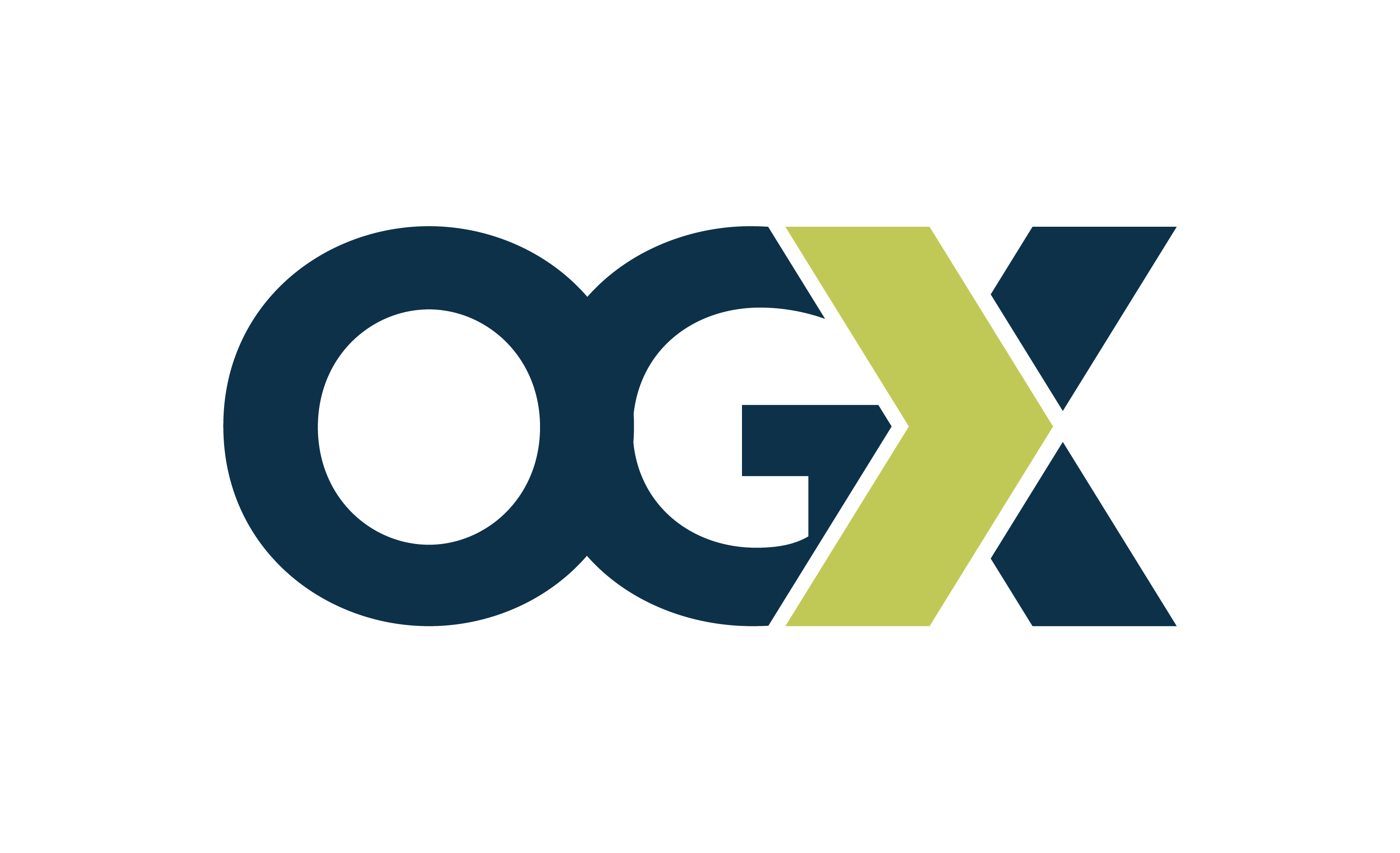Ask yourself: What’s in it for You?
First of all, before you even consider giving the PMP exam, I suggest that you think very well about why you want to get certified. Make sure you are very clear what the actual benefits of getting this certification are .
Some good reasons to make you consider this certification are as follows:
- You already have PM experience on medium-large sized projects, you are following the Project Management Institute (PMI) framework (partially and completely) and you want formal acknowledgment of your experience and skills, which is recognized by companies all over the world;
- You don’t have lots of experience in running medium or large sized projects and you want to learn more about the PMI framework so that it helps you be a better project manager. If you are truly inexperienced in project management.
Steps to Getting the PMP Certification
Before moving forward, take the time to carefully read the requirements and the PMP Handbook. They will give you complete information about the project experience you must have, the process of submitting for the exam, payment information, etc.
If you are meeting the requirements, the steps to get the certification are:
- Getting registered on-line to the PMI website & filling in your experience information;
- Payment and confirmation of your eligibility to take the exam/or be audited;
- Study time;
- Taking the actual exam.
After you take the actual certification, the work does not stop because you have to continue being an active project manager, running projects, teaching others about project management and improving yourself by going to trainings, conferences, workshops, etc.
Tips for the Subscription Process
When subscribing to the exam, do consider these tips:
- The 3 or 5 years worth of experience refer to actual time spent on projects. If, during 3 months you worked on 3 parallel projects, the actual work experience is 3 months. It is not 3 projects multiplied by 3 months. When reporting work hours spent on multiple parallel projects, be careful to report reality, as in, not working on average more than 8 hours/day. This might sound logical but it is definitely worth mentioning.
- While specifying the experience, don’t get scared by the level of information required. Although you probably did not keep these kind of records during your projects, try to give a rough & realistic estimate.
- You surely know the start/end dates of your projects and you can estimate roughly how much effort you’ve spent on them. It is not necessary to be very exact. 80/20 estimations are just fine: Nr of Total Hours Worked on a project = Nr of days the project took * 8 working hours/day * average % of hours worked/day on the project;
- Make sure that your work experience does not account for more than 150h per month. During a month you are also doing other tasks, go on holidays, lunch breaks etc;
- Try to reflect the reality. The reality might be that you spent 50% of the time in executing and no time closing the project. That is OK because you were either learning then to be a project manager or were involved in different stages of the project. Therefore don’t lie during the subscription process.
Tips for Studying to Get the Certification
When studying for the exam, consider these tips:
- Look at studying as if you are running a project – the subjects you will have to cover are quite large and, if you have finished your university studies some time ago, you will probably no longer have the same speed of studying as when you were a student. Study the first chapter and measure how long it takes. This is one of the easiest chapters so add 20% more time for the others, make a learning plan, set deadlines and keep tracking yourself;
- Keep the studying condensed in a couple of months at most – if you spread your learning thin, across a whole year, you will forget where you started from. Create a tight schedule for you and create the mindset of finishing the PMP certification ‘project’ in a couple of months (preferably 3 or 4).
- Choose the study materials wisely – note that the PMBOK Guide from PMI is very dry reading and hard to use for the learning process. It works more as a reference guide you consult as needed. There are two good books you can use for the preparation, both filled with the necessary theory and exercises: PMP Exam Prep: Rapid Learning to Pass PMI’s PMP Exam-On Your First Try! by Rita Mulcahy and Head First PMP: A Brain-Friendly Guide to Passing the Project Management Professional Exam by Jennifer Greene and Andrew Stellman. If you use any of these books together with the PMBOK Guide, it is more than enough. Also, don’t pick more than 1 book to study from. The authors have very different styles and it will just frustrate you when trying to accommodate to more than one. To help you more on this subject, we will also publish some reviews of these books, so that you know which works best for your learning style.
- Try alternative studying methods – one of the most effective ways to study is a study group. This can help you to keep the pace of studying. If your company does not organize such groups, you can find them also on LinkedIn groups and other sites..
- Exercise, Exercise, Exercise – reserve the time to do the exercises for PMP Exam Prep after each chapter. Both books we recommend have lots of exercises, so don’t skip them.
- Don’t get frustrated – there is also A LOT of theoretical knowledge you will have to learn about tools, besides the framework. Even if you might not use some of them, you still need to learn what they are and when they are used. There is lots of theory to learn but most of it makes sense when you try to connect it to real projects, so it is not as bad as it looks. Just keep learning.
- Don’t be scared – the exam is actually MUCH easier than the study materials from Rita Mulcahy’s book. If you learn from this book and you get 70% of the questions right, you will pass the actual exam. The truly hard part about the PMP exam is sticking till the end, being disciplined and covering all the theory & exercises.
Tips for the Certification Exam
When actually taking the exam, consider these tips:
- Be prepared to focus for 4 hours – the exam will require a lot of concentration from your side and most probably you will need all the hours allotted to it. Therefore, do try a full practice exam before going into the real one. If you manage to focus for the whole 400 questions you are in great shape.
- Eliminate the bad answers to find the right one – even though you don’t know the right answer to a question, try to find it by eliminating the less probable ones. In most cases you can easily eliminate two answers, leaving you with only two options to choose from. And in that case you got a 50% chance of getting it right instead of 25%.
- Don’t think too much – usually, your first answer is the right one. When in doubt, go with your instinct and don’t over-analyze the question and the answers.
- Go with the mindset that you will pass – this will help you to be calm and relaxed. If you’ve got a bit of experience and you went through all the theory and exercises, you WILL pass.


